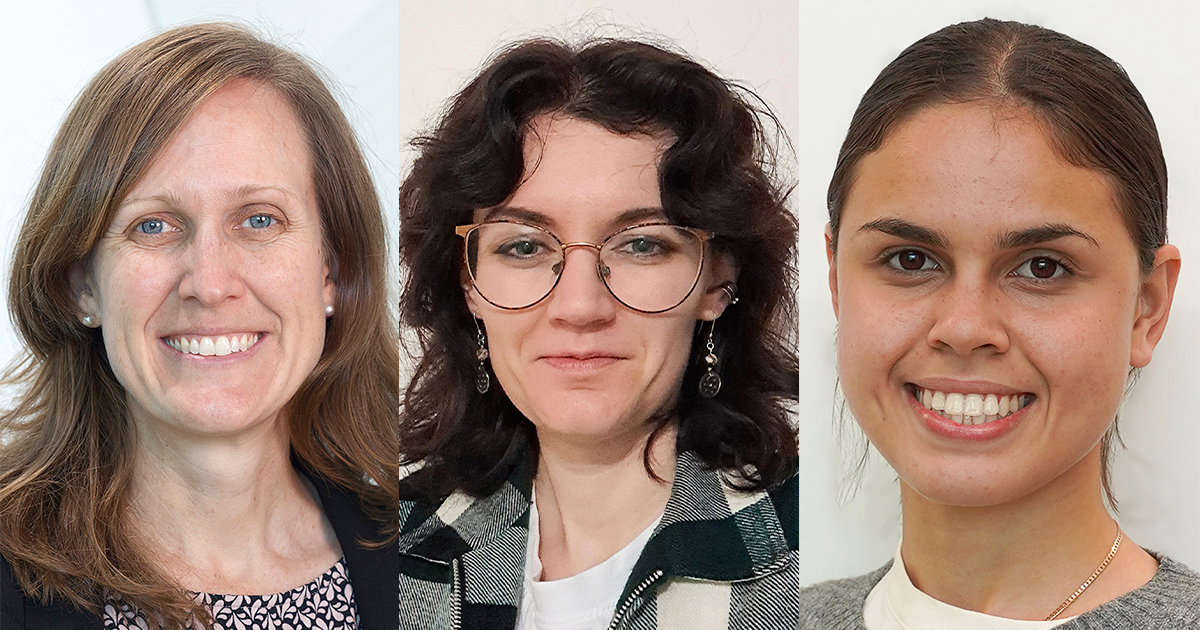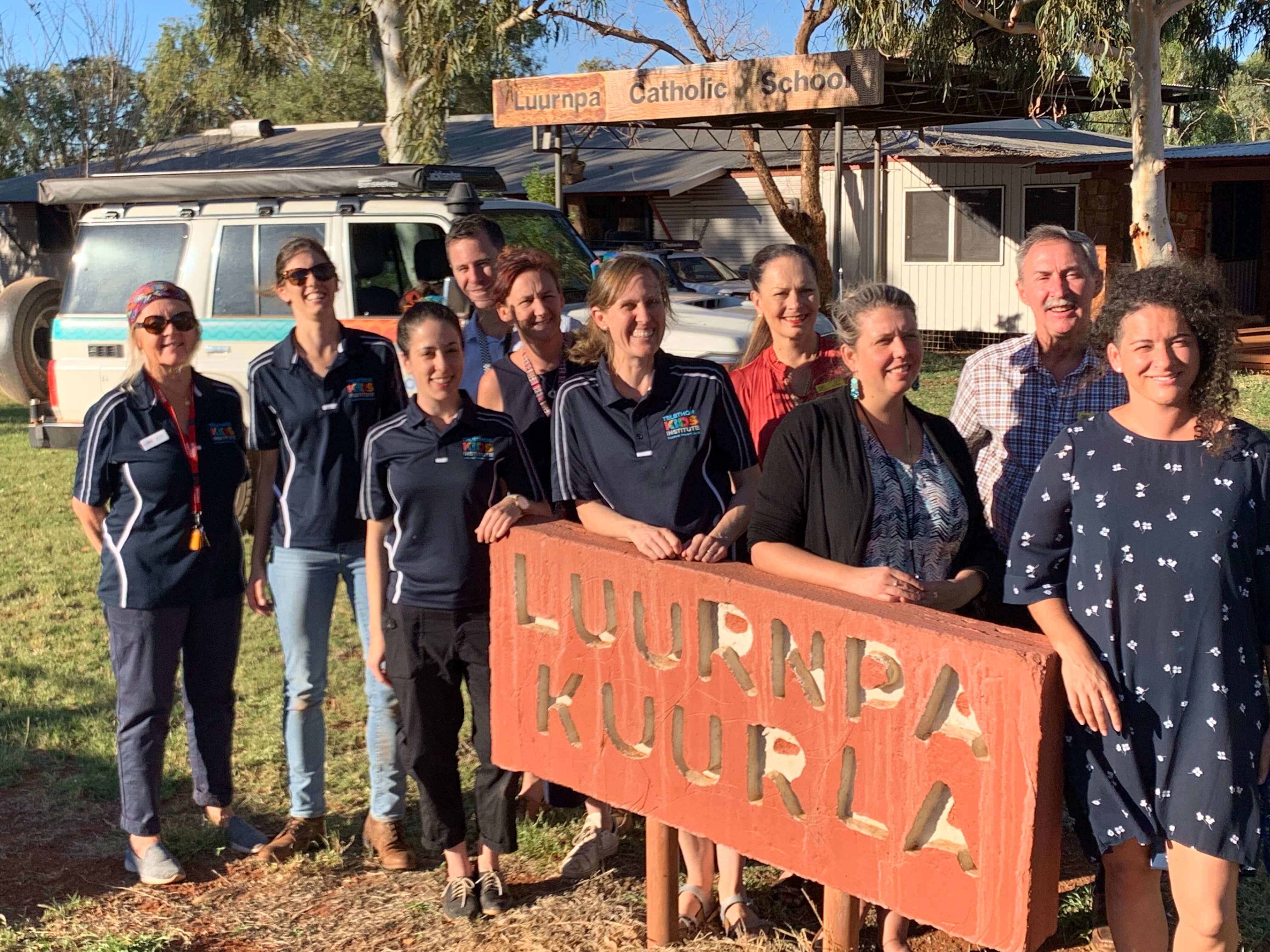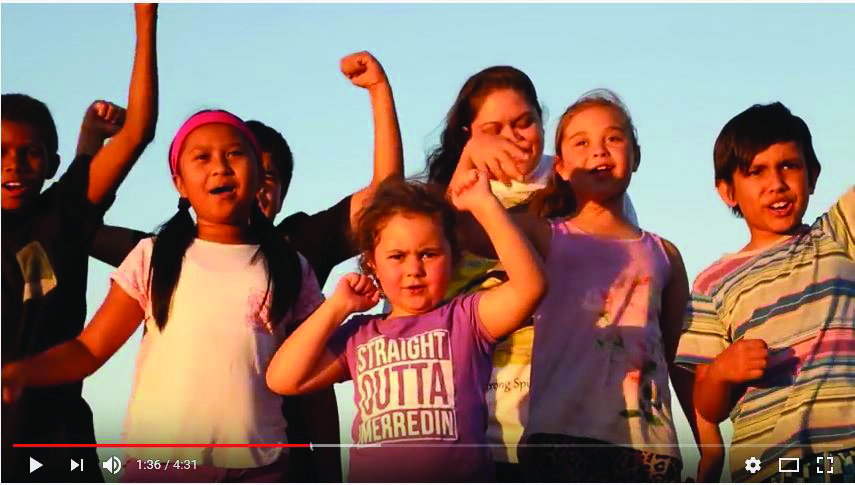Search
Research
Housing Initiatives to Address Strep A Infections and Reduce RHD Risks in Remote Indigenous Communities in AustraliaThis research sought to provide an outline of identified household-level environmental health initiatives to reduce or interrupt Strep A transmission along each of these pathways.
Research
Burden of skin disease in two remote primary healthcare centres in northern and central AustraliaSkin infections are an under-appreciated and dominant reason for presentation to primary healthcare centres in these indigenous communities
Research
Ascertaining infectious disease burden through primary care clinic attendance among young Aboriginal children living in four remote communities in Western AustraliaImproved public health measures targeting bacterial skin infections are needed to reduce this high burden of skin infections in Western Australia
Research
Scabies and risk of skin sores in remote Australian Aboriginal communities: A self-controlled case series studyThe association between scabies and skin sores is highly significant and indicates a causal relationship
Research
Are scabies and impetigo “normalised”? A cross-sectional comparative study of hospitalised children in northern Australia assessing clinical recognitionScabies and impetigo infections are under-recognised and hence under-treated by clinicians
Research
Continued challenge of rheumatic heart disease: The gap of understanding or the gap of implementation?We still do not have a RF vaccine, although the recent announcement that the Australian and New Zealand governments are jointly sponsoring a program to fast...

News & Events
Triple triumph for The Kids at 2025 Premier’s Science AwardsThree researchers from The Kids Research Institute Australia were recognised as being among Western Australia’s brightest and most innovative scientific minds at last night’s 24th Premier's Science Awards.

News & Events
The Kids Research Institute Australia researcher wins Eureka Prize for Emerging Leader in SciencePaediatric infectious disease expert and clinician-scientist Associate Professor Asha Bowen has been named as the Emerging Leader in Science at the country’s most prestigious science awards – the Australian Museum Eureka Prizes.

News & Events
First week of school visits mark official launch of the SToP TrialThe The Kids Skin Health team has a busy six weeks ahead - visiting nine communities throughout the Kimberley region of WA as part of the first school surveillance activities for the SToP Trial.

News & Events
Program aims to stop skin infections in their tracksAn innovative program set to run for about two and a half years aims to halve the number of children affected by skin infections.
